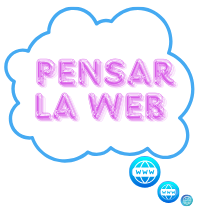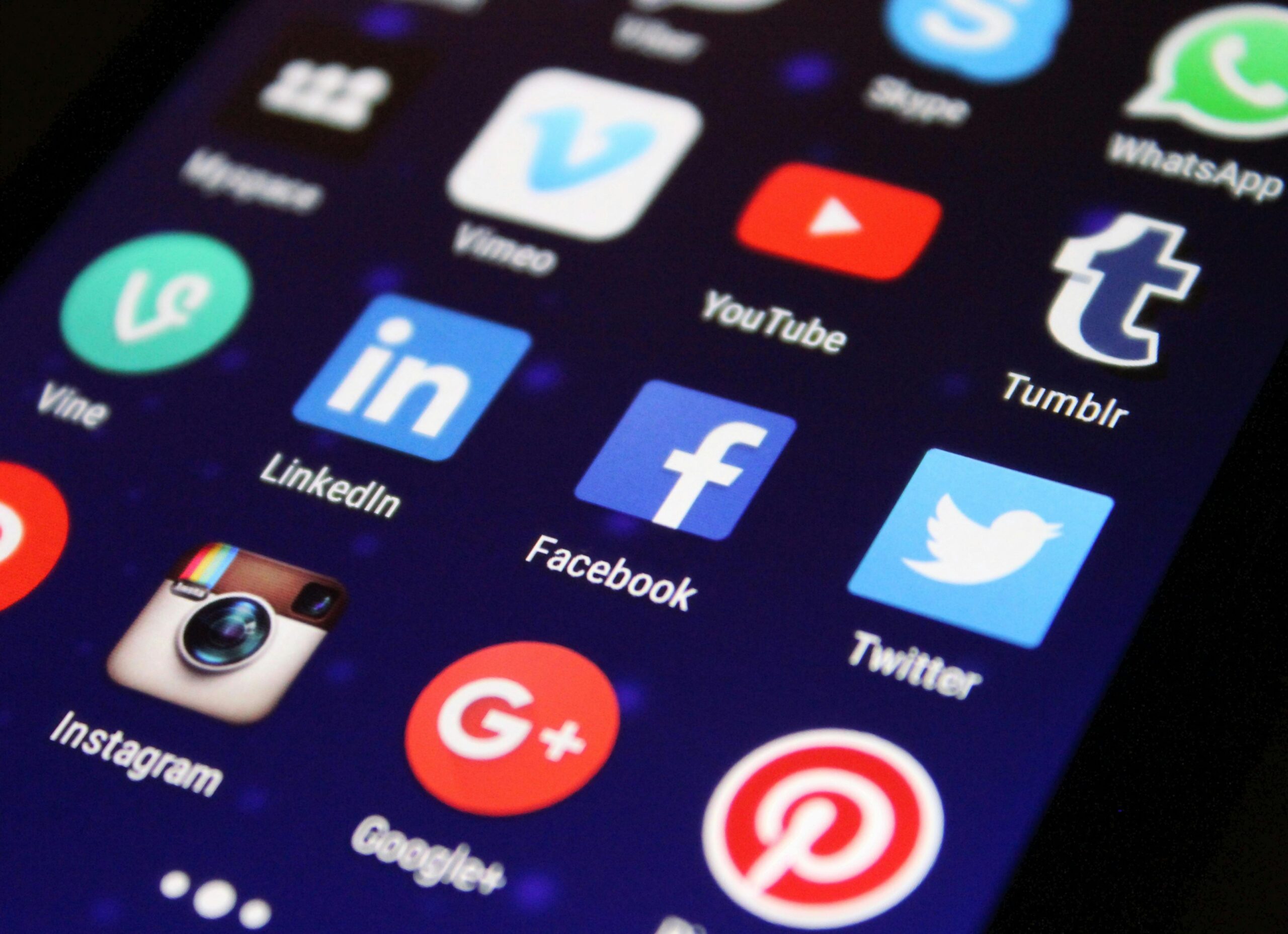When I first fell in love with the internet, it felt like a gateway to endless knowledge. I could learn about ancient civilizations, explore new music from across the globe, and connect with people thousands of miles away — all within minutes. It was thrilling, and to be honest, it still is. But as I’ve spent more time online, I’ve come to realize that the web has a darker side too — one that’s harder to see but impossible to ignore.
I never set out to study disinformation or addiction or echo chambers. Like many people, I stumbled into them by accident. It started small: reading a few misleading headlines, getting caught up in debates where facts seemed to matter less than outrage, feeling a strange pull to check my phone over and over, even when I knew there was nothing new. These experiences, repeated over time, made me question how the internet, this incredible tool, could also be reshaping my mind — and not always for the better.
Disinformation: The Battle for Truth
One of the most alarming realities I’ve witnessed is how easily disinformation spreads online. In theory, we live in an age of information. In practice, we live in an age of too much information, where truth gets buried under an avalanche of opinions, half-truths, and outright lies.
It’s disturbingly easy for falsehoods to go viral. Sometimes they’re dressed up as legitimate news; other times, they’re crafted to provoke fear, anger, or disbelief. Algorithms often prioritize sensational content because it generates more clicks, more comments, more shares — and ultimately, more profit. The result is an internet landscape where being accurate matters less than being attention-grabbing.
I’ve watched friends and family members fall victim to misinformation — sharing fake news without realizing it, growing increasingly distrustful of any sources outside their chosen echo chambers. It’s made me realize that fighting for truth online isn’t just about fact-checking articles; it’s about building a culture that values curiosity, humility, and critical thinking over easy answers and outrage.
Addiction: The Pull We Can’t Resist
Then there’s the issue of internet addiction — and yes, I’ll be the first to admit I’ve struggled with it. The web is designed to keep us hooked. Social media apps reward us with likes and comments. News feeds update endlessly. Notifications pull our attention in a hundred different directions.
At first, I told myself it wasn’t a problem. I was just staying informed, staying connected. But over time, I noticed how often I reached for my phone out of sheer habit, not need. How easily an hour could disappear into mindless scrolling. How often I felt more drained, not energized, after a long online session.
The internet offers endless novelty and instant gratification, which makes it almost irresistible — but at a cost. Time spent online is time not spent in the real world: talking face-to-face with loved ones, walking outside, reflecting without a screen in my hand. Recognizing this has pushed me to set healthier boundaries, like scheduled offline hours and app time limits. It’s not perfect, but it’s a start.
Echo Chambers: Living in Digital Bubbles
Finally, there’s the problem of echo chambers — digital spaces where we’re mostly exposed to ideas and opinions we already agree with. I didn’t think much about it until I realized how often my feeds were reinforcing my existing beliefs and rarely challenging them.
Algorithms are incredibly good at predicting what we want to see — and not necessarily what we need to see. If you start watching videos about a particular topic, your recommendations will offer you more of the same, gradually narrowing your perspective without you even noticing. Over time, this creates a distorted view of reality, where it feels like “everyone” thinks the same way you do — or that “the other side” is totally irrational or evil.
Living in an echo chamber can make it harder to empathize, harder to compromise, and harder to grow. It turns conversation into confrontation. It turns differences into divisions. And worst of all, it does so quietly, invisibly, while we think we’re simply “staying informed.”
Why I Still Have Hope
It would be easy to end here, painting the web as a cautionary tale — but that’s not the whole story. I still believe in the internet’s potential. I believe we can create healthier digital spaces. I believe we can teach ourselves (and others) how to recognize disinformation, manage our screen time, and break free from echo chambers.
It starts with awareness. It starts with reflection. It starts with choosing curiosity over cynicism, real conversations over outrage, and critical thinking over blind acceptance.
Pensar la Web is my attempt to think through these challenges openly — not because I have all the answers, but because I believe asking better questions is where real change begins.
Thanks for thinking through the web with me.


